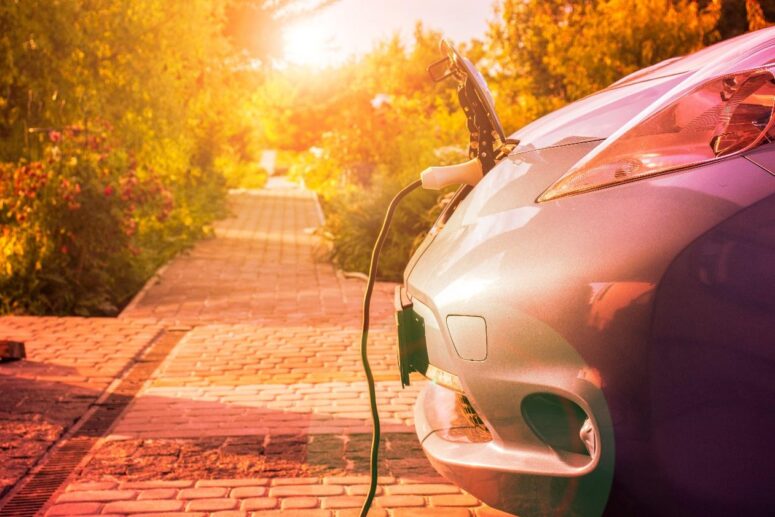
Lithium-ion batteries have revolutionized the way we power portable electronics, from smartphones to electric vehicles. Their high energy density, lightweight design, and rechargeable nature make them the preferred choice for a wide range of applications. However, they require careful handling to ensure safety and longevity. Overheating, overcharging, and physical damage can lead to performance degradation or even hazardous conditions such as thermal runaway. Taking care of lithium-ion batteries in scorching heat becomes even more crucial in the summer months of Gulf region. Here are some tips to help you maintain your lithium-ion batteries in such conditions:
Avoid exposure to direct sunlight: Whenever possible, keep your devices with lithium-ion batteries out of direct sunlight, as excessive heat can accelerate degradation.
Keep devices in shade or cooler environments: If you must use your devices outdoors, try to keep them in shaded areas or environments with better airflow to prevent them from overheating.
Use insulating materials: Consider using insulating materials such as covers or cases that can shield the device from direct heat and help maintain a more stable temperature.
Avoid leaving devices in hot vehicles: Cars parked in the sun can reach extremely high temperatures, which can be damaging to lithium-ion batteries. Avoid leaving devices in hot cars, especially for extended periods.
Charge at optimal temperatures: Lithium-ion batteries generally perform best when charged at temperatures between 0°C and 45°C (32°F to 113°F). Try to charge your devices within this temperature range whenever possible.
Allow for proper ventilation: Ensure that devices have proper ventilation to dissipate heat generated during use. Avoid covering ventilation ports or obstructing airflow around the device.
Monitor battery temperature: Some devices may have built-in temperature monitoring systems. Keep an eye on battery temperature and avoid using the device if it becomes excessively hot.
Store batteries properly: If you need to store lithium-ion batteries, do so in a cool, dry place away from direct sunlight. Avoid storing them in areas prone to extreme heat, such as hot garages or outdoor sheds.
Use reputable chargers and accessories: Cheap or counterfeit chargers may not have proper temperature regulation mechanisms, increasing the risk of overheating. Stick to reputable chargers and accessories recommended by the device manufacturer.
Recycle old or degraded batteries: Over time, lithium-ion batteries degrade, especially if exposed to harsh conditions like high temperatures. If you notice a significant decrease in battery performance or capacity, bring them to Madenat’s recycling facility.
By following these tips, you can help protect your lithium-ion batteries from the damaging effects of scorching heat, ensuring their longevity and performance, even in the hot summers of the Gulf region.
